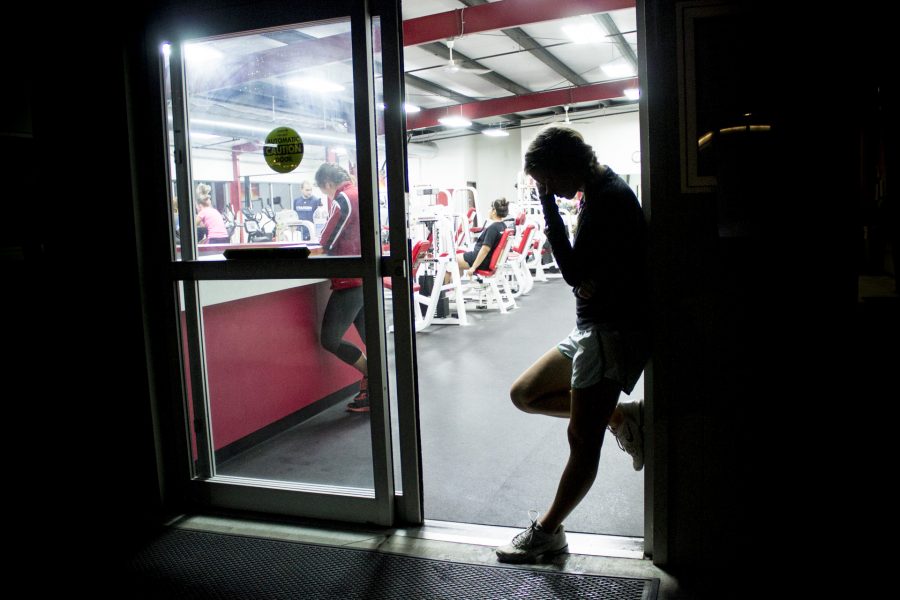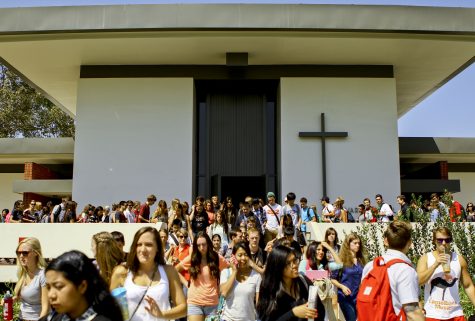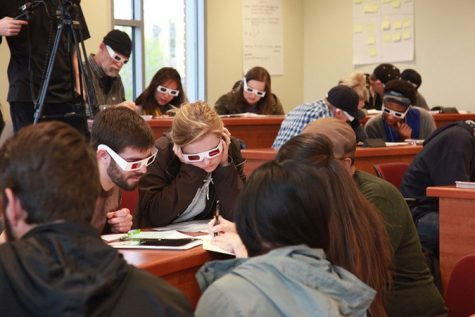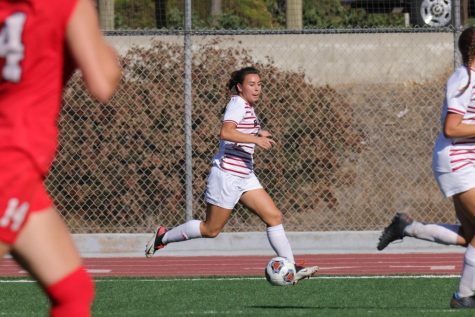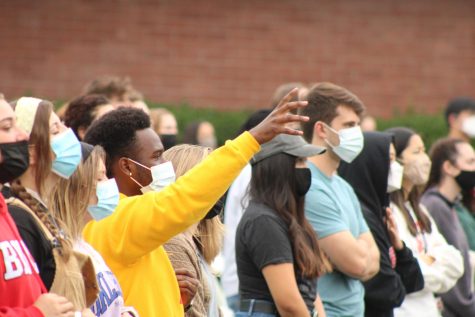Students struggle with eating disorders, even at Christian school
Biola students are not immune to eating disorders and fitness obsessions. Students who have struggled in these areas share their stories and offer solutions to the ugly monster of disordered eating.
December 12, 2012
Three years ago, Stephanie Bayly was just a skeleton of the girl she is now.
Few people who meet Bayly would ever guess that she suffered from an eating disorder during her junior and senior years in high school. Compulsive habits of self-starvation, rigorous exercise and self-hatred fueled her life for two years.
Now Bayly is a vibrant junior at Biola University with confidence in her identity in Christ to flesh her out. But Bayly’s struggle is not hers alone. In fact, stories like hers are devastatingly commonplace, particularly on college campuses. An estimated 25 percent of college students — one out of every 10 of them male — suffer from anorexia, bulimia, compulsive overeating or related behaviors, according to the National Institute of Mental Health. This statistic vividly contrasts with the one to five percent of the general public who are affected by these devastating diseases.
"It's all about keeping secrets"
Despite the high percentage of college students who are affected by eating disorders, identifying them is challenging. The most deceptive thing about eating disorders is their ability to camouflage, to fester in the darkness, beneath the surface.
“I think there are people [at Biola] with actual eating disorders, but it’s all about keeping secrets. So unless you’ve had an eating disorder, you wouldn’t notice them. Those struggling with eating disorders are very good at hiding it,” Bayly said.
Perhaps even more disturbing is the presence of disordered eating, an additional issue on college campuses that Biola is certainly not immune to. While bulimia is by far the most prevalent eating disorder on college campuses, there's also another widespread problem out there that affects as many as 50 percent of students, according to Diane Mickley, M.D., president of the Wilkins Center for Eating Disorders.
"It's called disordered eating, and it occurs when someone exhibits many of the same symptoms as anorexia or bulimia, but doesn't meet full criteria for the disease," Mickley said.
Bayly, having experienced anorexia herself, is extremely perceptive of disordered eating in others.
“I noticed it a lot on my floor,” Bayley said. “All of us girls would go to dinner as a group and they would say things like, ‘I can’t have dessert tonight because I had too much pizza,’ or ‘I need to exercise extra tonight.’ Even though they didn’t have eating disorders, they still had unhealthy thoughts about food and their bodies.”
This raises the question: Why? What makes college students not only vulnerable to full-blown eating disorders, but to such a negative perception of and preoccupation with their bodies?
“I think there is a lot of pressure that comes from social distortion. We are surrounded by Christian women who are encouraging and see our hearts. But we all go back to our dorms and watch ‘Gossip Girl’ and ‘The Bachelor.’ So I feel there is a big disconnect between what we believe and what external pressures tell us,” shared senior Emily Hoogenboom, who feels pressure to be fitness-obsessed.
"Taming the ugly monster"
Biola staff are well aware that students are not immune to eating disorders, despite the enriching environment Biola provides.
“When a student comes forward with an eating disorder, our goal is to help them build a support network around them and help move them towards health,” said Katie Powell, director of Student Care at Biola University. “We recognize that an eating disorder has both physical and emotional components to it.”
Powell also addressed the protocol for the worst-case scenario.
“If the disorder is severe and the student's life is in danger, we will intervene more formally to ensure their safety,” Powell said.
Biola provides several resources for its students, including access to doctors and Health Center staff, the Biola Counseling Center and RDs.
Though Biola’s approach to taming the ugly monster of eating disorders is a practical one, it only scratches the surface of a much deeper issue, one of the heart. How can we as a campus address a problem that is far beyond restricting one’s diet, that is linked to one’s identity and self-worth?
“Both groups of people, those struggling with eating disorders or distorted eating, really just need to see their identity in Christ. Girls need to remind each other of truth instead of adding to each other’s lies,” Bayly said.
"There is hope"
According to Hoogenboom, this battle is a cultural one and the victory won’t come easily.
“I think we need to be more of an example of the love of Christ, and less of an example of the world and the pressures that exist. I believe there is hope for this issue. But I also believe there is more social distortion by the media than ever before,” Hoogenboom said.


